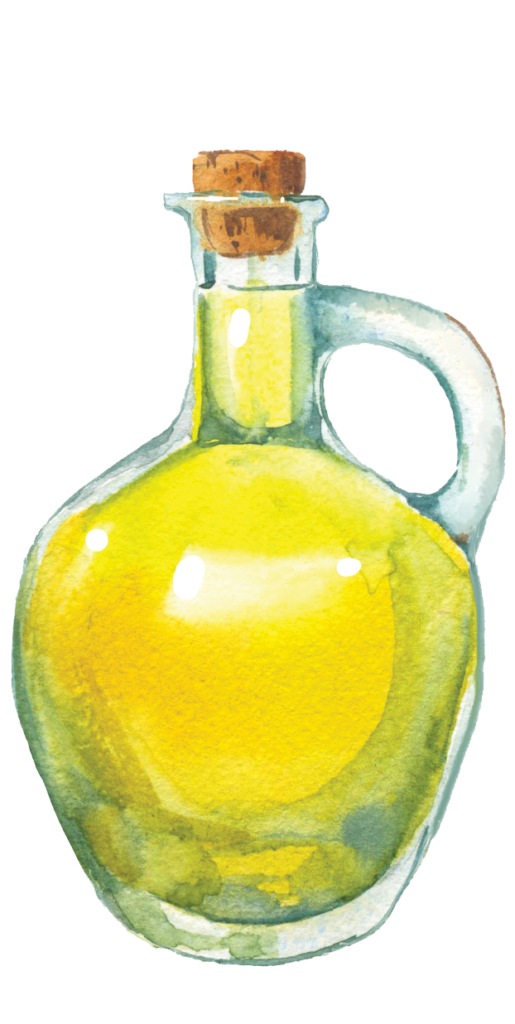 After an oil is extracted from fruit or seed, it can either be immediately bottled (termed unrefined) or further refined and processed (termed refined).
After an oil is extracted from fruit or seed, it can either be immediately bottled (termed unrefined) or further refined and processed (termed refined).
Unrefined oils, such as extra virgin or virgin olive oil or cold-pressed canola oil, tend to retain their nutrients as well as their distinct colors, flavors, and smells; however, they have a shorter shelf life and a lower smoke point than their refined counterparts. These oils are best when consumed raw as flavoring or a dressing or used for low-temperature cooking only (e.g., grilling).
Refined oils, on the other hand, lose most , if not all, of their nutritive qualities through the refinement process, which allows them to have a very neutral smell and taste. The refinement process also gives these oils a long shelf life and the ability to withstand much higher cooking temperatures than unrefined oils. These oils are best suited for sautéing or when you do not want the oil to impart flavoring to the recipe.
SOURCE: MasterClass site. Cooking oils and smoke points: what to know and how to choose the right cooking oil. Updated 8 Nov 2020. Accessed 2 Feb 2021.




